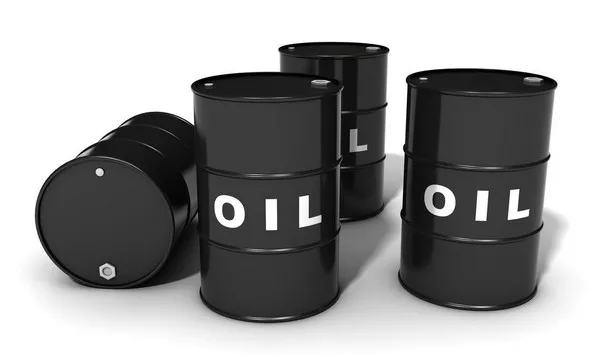Oil prices saw a notable increase of over $1 on Friday following reports of U.S. military strikes on Iranian targets in Syria. These actions have raised concerns of a potential expansion of the Israel-Hamas conflict, which could have implications for the supply of oil from the key Middle East production region.
Brent crude futures for December recorded a gain of $1.32, equivalent to a 1.5% increase, reaching $89.25 per barrel by 0638 GMT. Simultaneously, the U.S. West Texas Intermediate contract for December climbed $1.29, marking a 1.6% rise, and settled at $84.50 a barrel.
The U.S. strikes targeted two facilities in eastern Syria utilized by Iran’s Islamic Revolutionary Guard Corps and affiliated groups. The Pentagon attributed this action to recent attacks on U.S. troops in Iraq and Syria. These attacks had escalated since the onset of the Israel-Hamas conflict on October 7.
While these strikes did not immediately affect oil supply, they heightened concerns that the Israel-Hamas conflict in the Gaza Strip, supported by the U.S., could spread and disrupt oil supply from Iran, a major crude producer that backs Hamas. A broader conflict could also impact shipments from Saudi Arabia, the world’s leading oil exporter, and other major producers in the Gulf.
Both Brent and WTI are currently on track to post their first weekly decline in three weeks, as the geopolitical risk premium has subsided due to no significant oil supply disruptions occurring beyond the immediate region of the conflict.
Kelvin Yew, a senior oil trader at Ocean Leonid Investments, commented, “As a trader, I’m going to have to say we are somewhat out of our league here – trying to ascribe a value to geopolitics when no meaningful supply has been disrupted outside of the Levant.”
Israeli forces conducted their most extensive ground operation in the 20-day-old war with Hamas in Gaza, which drew criticism from the Arab world. Israeli Prime Minister Benjamin Netanyahu had stated that Israeli troops were still preparing for a full ground invasion, while the United States and other countries urged Israel to delay such a move to prevent the escalation of hostilities in other parts of the Middle East.
Analyst Helima Croft from RBC Capital acknowledged the difficulty in predicting the course of the current crisis, stating that “it remains incredibly difficult even for the most knowledgeable regional watchers to make high conviction calls about the trajectory of the current crisis as the redlines that could bring more players onto the battlefield remain largely indiscernible.”
Goldman Sachs analysts have maintained their first-quarter 2024 Brent crude price forecast at $95 per barrel. However, they added that decreased Iranian exports could cause baseline prices to increase by 5%. They also noted that in the less likely scenario of a disruption of trade through the Strait of Hormuz, where 17% of global oil production transits, prices could surge by 20%.
Market analysts point out that voluntary supply cuts by Saudi Arabia and Russia, in effect until the year’s end, are tightening global oil markets and lending support to prices.


